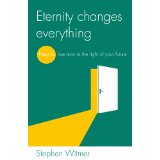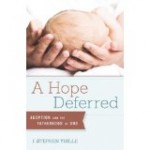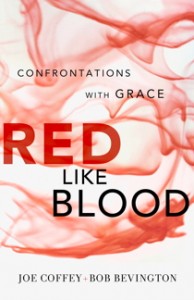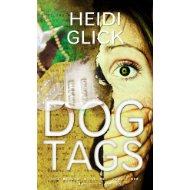I thoroughly enjoyed reading 1 Samuel For You by Tim Chester. The only downside was that because I was under time constraints to join this blog tour, I was unable to ponder the thought-provoking and heart-searching questions at the end of each section. So I’ll have to go back and do that!
There are thirteen chapters and each one is divided into two sections, and both sections contain three or four questions for reflection. I liked the way the chapters are clearly set out with appropriate headings and sub headings, allowing the reader natural pauses to digest what has just been read. Another thing I appreciated was the fact that words that may be unfamiliar to some readers were linked to a glossary (I was using my Kindle). Tim Chester is clearly a writer who puts the ‘cookies on the bottom shelf’, ensuring the information being shared can be understood by all readers.
The book opens with the story of Hannah’s distress over her barrenness, the subsequent answering of her prayers in the form of baby Samuel and her outpouring of praise to God who brings down the proud and lifts up the humble. This theme of pride and humility is woven through the rest of the book as it follows the lives of the different characters: Samuel, Eli, the rise and doom of King Saul, and the rise of King David. The author highlights Saul as being like the first Adam who fell and David as being a type of Christ who is the second Adam.
Saul is not the promised second Adam. He is the old Adam revisited…. David will be God’s choice. And from his dynasty will come the new Adam, the snake-crusher.
The author also offers pastoral insights and little golden nuggets of wisdom through the book. These are a few that I particularly valued:
…excuses do not bring true freedom and forgiveness. Freedom and forgiveness come through honest repentance.
David encourages us to remember how God has delivered us in our personal histories, and ultimately through the cross and resurrection.
Envy is the mother of malice and gives birth to murder.
If we glory in God, then we do not need to manoeuvre for prestige, nor will we envy the success of others. If we find identity in Christ, then how we compare with others or what they think will not matter.
I wholeheartedly recommend this book. It is very readable, and it would be possible to simply enjoy reading through and gaining an oversight of 1 Samuel, or to use as part of your own devotional time, or in a study group. It truly blessed me and I’m looking forward to reading it again more slowly, as part of my regular devotions.
My grateful thanks to Cross Focused Reviews and The Good Book Company for providing me with a free copy for the purpose of writing a review.









